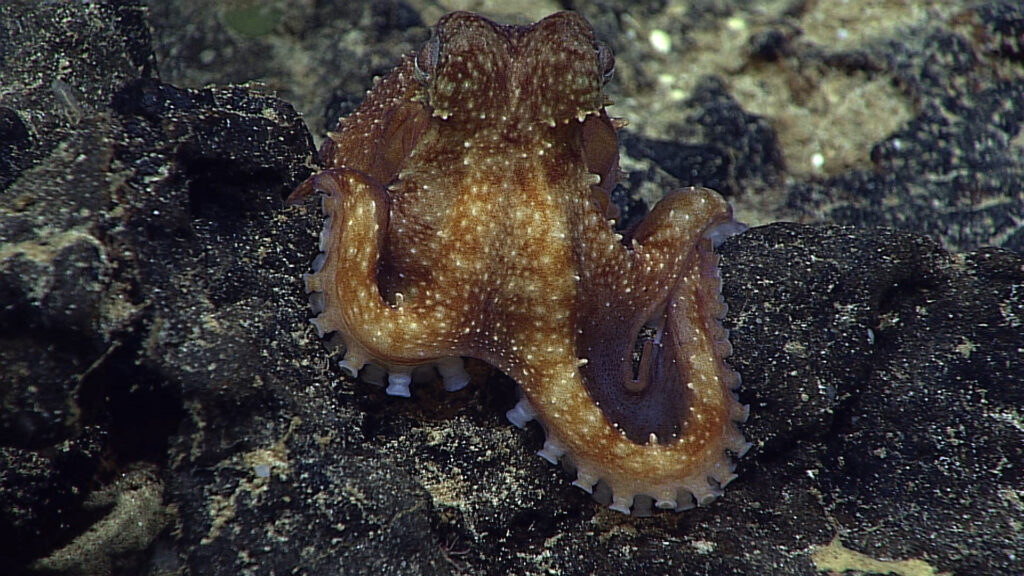The octopus has always been believed to be a solitary creature, recent discoveries have changed that. In fact, they engage in unique and advanced social behaviors. Multiple octopus communities have been discovered recently by scientists around the globe.
A community of Gloomy Octopus in Australia has been named “Octlantis”. Octlantis was observed to be a settlement of 11 Octopus, believed to have originated from man made objects and scrap metal as the beginning shelter of the settlement for the animals to congregate. Activities such as fighting and mating among the group were seen.
Another community of Octopuses is believed to have up to 15 members. Even more unique, their shelters were completely natural on a rocky outcrop. In addition to the usual mating and fighting, scientists also observed frequent instances of complex social interactions including the eviction of octopuses from their dens and exclusion from the community.
The most interesting part of these communities isn’t the interactions between the octopuses, but instead the way that the communities formed. Scientists believe that a chain of activity creates a series of dens for the creatures to find shelter. After an octopus hunts its prey, it returns to its den to eat and discard the empty shells to the ocean floor. Over time, the build up of shells and sediment creates more opportunities for dens and eventually a full habitat for an octopus community. This most often happens in locations with abundant prey, predators, and a lack of shelter.
Just like any advanced society, each individual exhibits unique behaviors. For example, some individuals are more active than others in their community and are even shown directing others around or holding them back.
There is still much unknown about ocean life and especially the lives of octopuses. These octopus cities may be rare occurrences, or unique to the Gloomy Octopus. It may also be much more common than we know. As this is still a relatively new discovery, more research is needed to fully understand the depths of our oceans and the complexity of the octopus.

Image of octopus exiting its den (Image from NOAA Office of Ocean Exploration and Research, 2015 Hohonu Moana NOAA)
Citations:
Jones, L. (n.d.). “Underwater City” reveals Mysterious Octopus World. BBC Earth. https://www.bbcearth.com/news/underwater-city-reveals-mysterious-octopus-world
Panko, B. (n.d.). Octopus “city” found off the coast of Australia. Smithsonian Magazine. https://www.smithsonianmag.com/smart-news/octopus-city-observed-180964936/
Stokstad, E. (n.d.). Scientists discover an underwater city full of gloomy octopuses | science | AAAS. Science. https://www.science.org/content/article/scientists-discover-underwater-city-full-gloomy-octopuses